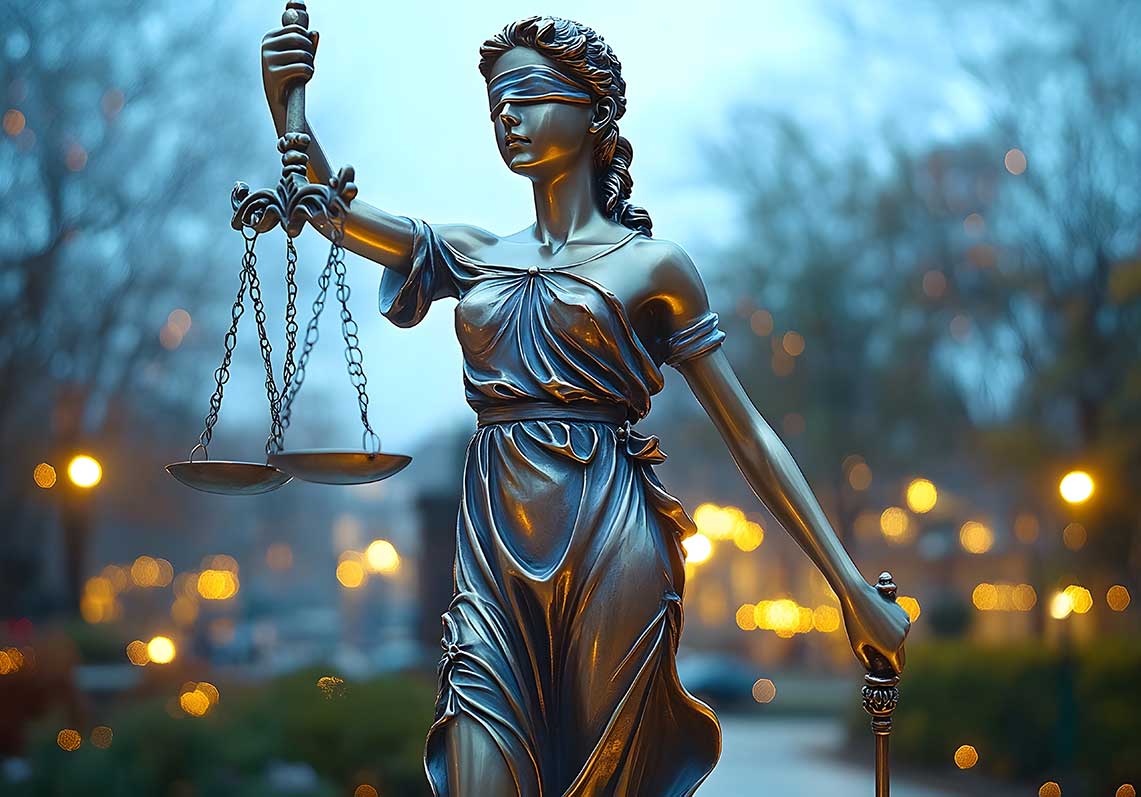Are psychedelics legal? Do they show up on drug tests? These are some of the most common questions that psychedelic integration coaches face, especially when dealing with executives whose careers could hinge on whether or not they can pass a drug test.
As a psychedelic integration coach, you must be aware of the current state of affairs regarding legality and should also be prepared to educate your clients on these subjects.
The Legal Status of Psychedelics in the United States
The trickiest part of educating clients on the legal status of psychedelics is that it’s constantly changing. In the last few years, numerous states have proposed dozens of bills pushing for a change in criminalization and legalization, and some states have been receptive to those ideas, either decriminalizing psychedelic medicines or legalizing them for use in assisted therapy and coaching.
Another issue is that all psychedelics are not treated equally. Whether you’re assisting a client with ketamine, MDMA, psilocybin, or LSD, the laws can differ considerably.
So, let’s try to simplify this by looking at the status of each psychedelic.
Is MDMA Legal in the USA?
In 2024, an application for a new MDMA-based drug was rejected by the FDA. The proposal would have meant that patients with post-traumatic stress disorder (PTSD) could be prescribed an MDMA capsule in addition to assisted therapy. Lykos said it would appeal the decision, but as things stand, there has been no word from the FDA. (1)
The application was promising, and the FDA seemed very receptive initially, but they were ultimately reluctant to allow MDMA for pharmaceutical use. That may change in the future, and it has been argued that it could go the same way as cannabis, with states adopting their own stances, but as of yet, no state has legalized MDMA, and it remains a Schedule I substance. (2)(3)
In 2020, Oregon approved a bill to decriminalize the possession of a small amount of substances. Rather than facing arrest and charges, individuals caught using controlled substances were given a $100 ticket. However, the laws were largely rolled back in 2024, making the possession of most substances, including MDMA, a misdemeanor. (4)
Today, MDMA has not been legalized or decriminalized in any US state, and as it’s still listed under Schedule I, the sale or delivery of this substance could be punished by a lengthy jail term and a substantial fine.
Is Ketamine Legal in the USA?
Ketamine is a Schedule III substance, which means it has a low to moderate potential for abuse but is still regulated and still illegal to possess without a prescription. However, it is widely prescribed by ketamine clinics for various conditions. It has only been approved for use as an intravenous anesthetic, but it has various off-label uses, including anxiety disorders and post-traumatic stress disorder (PTSD), and prescriptions for off-label use are very common. (5)
A derivative of the drug known as esketamine (brand name Spravato®) is also available for treatment-resistant depression. (6)
Is LSD Legal in the USA?
Much like MDMA, LSD is illegal across the United States and is classified as Schedule I. There are no medically approved uses of LSD. (7)
Is Psilocybin Legal in the USA?
The laws on psilocybin are a little more complicated than other psychedelics. It is decriminalized in some cities and states, available through psychedelic coaches and therapists in others, and banned outright in most.
Denver, Colorado, was the first city to decriminalize the substance in 2019, but many cities and states have followed suit: (8)
- Colorado: Passed a bill to decriminalize psilocybin in 2022. The bill also means that state-licensed treatment centers can administer the substance. (9)
- Oregon: Can be legally administered by a licensed therapist. (10)
- California: Several cities have decriminalized psilocybin, including Berkeley, Oakland, San Francisco, and Santa Cruz. However, previous bills to create a status similar to that of Oregon have failed. (11)
- D.C.: Psilocybin was decriminalized in 2021, along with ayahuasca and mescaline. (12)
- Massachusetts: At the time of writing, eight cities (Easthampton, Somerville, Northampton, Cambridge, Amherst, Salem, Provincetown, and Medford) have decriminalized psilocybin. (13)
- Michigan: Numerous cities, including Ferndale, Detroit, Hazel Park, Ann Arbor, Ypsilanti, and Washtenaw County, have decriminalized psilocybin possession. (14)
- Minnesota: The city of Minneapolis decriminalized psilocybin use in 2023. (15)
- Washington: Seattle, Port Townsend, Jefferson County, Olympia, and Tacoma have all decriminalized psilocybin. (16)
Psychedelics and Drug Tests
The rules on drug testing are even more diverse and complicated than the legal statuses mentioned above.
Generally, an employer can fire someone for substance use if those substances appear during a drug test. However, the laws change somewhat if that positive test is the result of a rehabilitation treatment or mental health treatment, in which case the employee may be protected by the Americans with Disabilities Act. If the substance was obtained and used illegally, however, there are few protections. (17)
The laws vary based on the substance, jurisdiction, and current legal status, but it gets more complicated if the substance in question is illegal in the individual’s state of residence.
The best course of action for anyone subject to regular drug testing is to consult a lawyer or check with their employee before going any further.
Will Psychedelics Show on Drug Tests?
Common drug tests do not look for psychedelics. A five-panel test will focus on detecting cannabis, cocaine, amphetamines, opiates, and PCP, and more complex tests will add substances like barbiturates, benzodiazepines, and alcohol to the mix.
MDMA is included in 10-panel drug tests, and there are also specialist tests that can detect substances like psilocybin and LSD. However, employees tend to stick with the cheapest and most common option, as it covers the substances with the highest potential for abuse, as well as those that may have the most adverse effect on the individual when consumed in large quantities over an extended period.
How Long Does MDMA Remain Detectable?
MDMA remains detectable in blood and saliva for up to two days, urine for up to four days, and in hair for up to 90 days. (18)
How Long Does Ketamine Remain Detectable?
Blood tests are rare and relatively ineffective for ketamine, but it can remain detectable in urine for several days, saliva for up to 48 hours, and hair for up to 90 days. (19)
How Long Does Psilocybin Remain Detectable?
In most cases, psilocybin is undetectable in urine after 24 hours. Hair follicle tests can detect the substance up to 90 days after use, but they are very rare for psilocybin. (20)
How Long Does LSD Remain Detectable?
LSD remains detectable for up to 24 hours in blood, 4 days in urine, 12 hours in saliva, and 90 days in hair.
Conclusion: Legal Psychedelics and Drug Tests: Keeping Your Clients Informed
Psychedelics are in the middle of a major shift in public perception and legal status right now. Every month, there are new clinical trials highlighting the potential benefits of these substances and new bills calling for legal changes. However, they are still very tightly controlled in the United States, and psychedelic therapists must remain aware of all current laws while also considering the legal ramifications of random drug tests.





